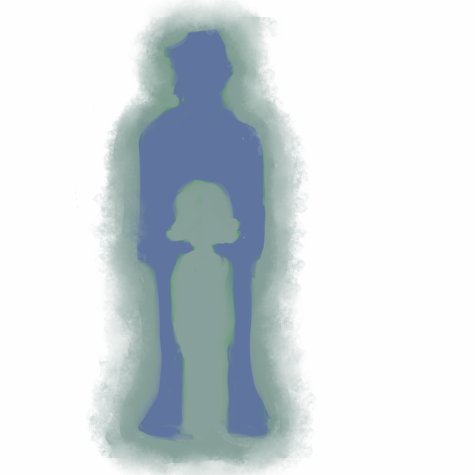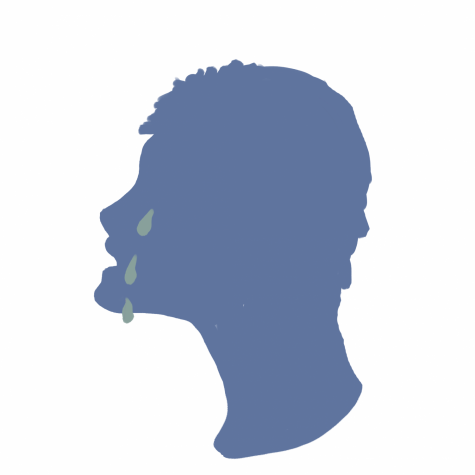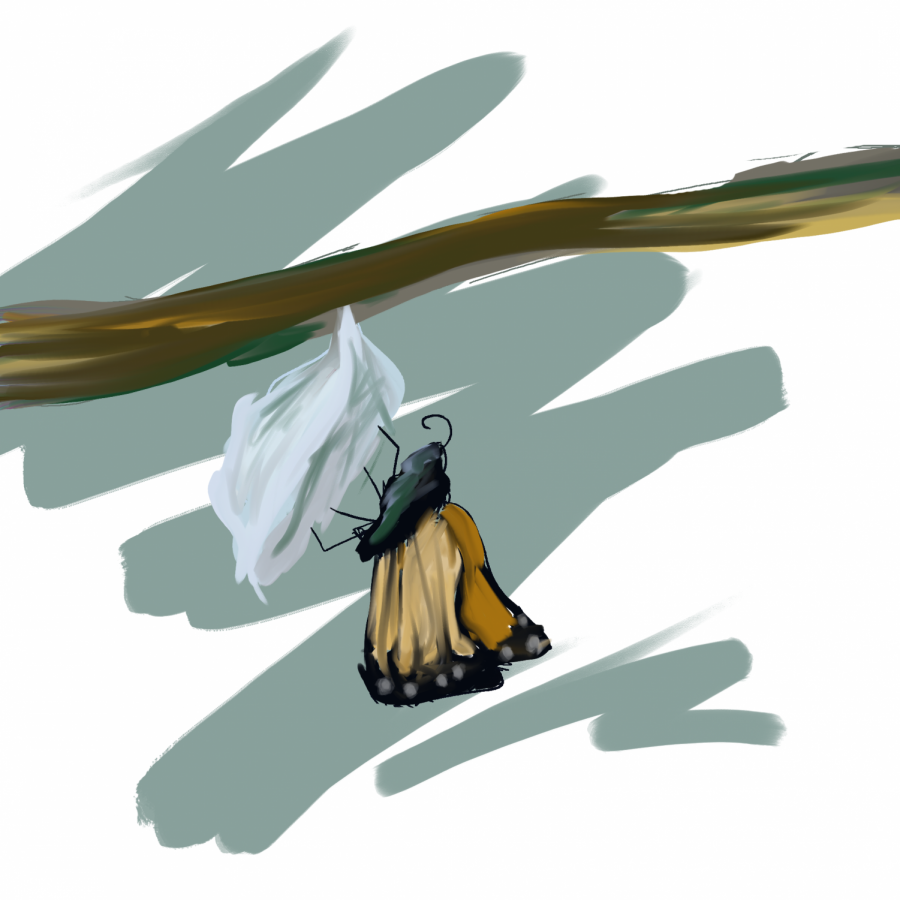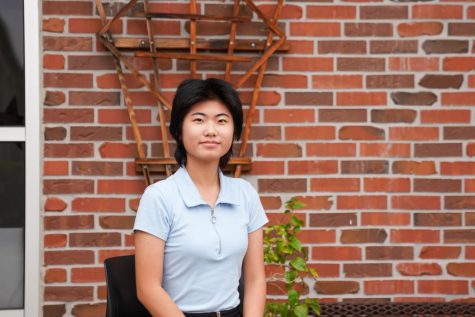Letting go of my inner child
What my fear of growing up has taught me about change
Metamorphosis — the process of transformation from an immature form to an adult form
September 3, 2021
Summer break was coming to a close, and as I laid in bed that cool July night it suddenly hit me that I was growing more mature. Without warning, I felt tears rolling down my face. I detested it.
“Logically, there is no reason maturing isn’t good,” I kept telling myself. “Stop crying about it!”
But evidently tear glands don’t respond to reason, because I couldn’t stop crying.
For others, maturing is perhaps less noticeable — every day, they change ever-so-slightly. On the other hand, I had hardly changed since middle school.
After all, to mature is to grow and I was unable to grow emotionally. I couldn’t fully open up to anyone, and the only way to grow is to be vulnerable enough to expose and acknowledge your mistakes. Only in the last year, shielded by the anonymity of online friends, have I slowly been able to open up to others. I’ve had conversations that I avoided for so long — conversations about communication, about setting standards, about allowing myself to not be a perfect person.
The fact I am able to change is a miracle — it shows that I am slowly fixing my trust issues, that I am healing. It is undeniably a good thing that I am blossoming into the person I should have started to transition into years ago.
But still, I didn’t want to let go of who I was, even if those traits I clung to weren’t good.

I liked how child-like I was — my child-like curiosity, my child-like excitement, my child-like cheerfulness. Compared to other kids my age, I was more simple, and therefore happier, I thought. I had seen the phrase “growing older, not growing up” a few times and I was convinced that was what I was going to be: A child in an adult’s body.
In hindsight, I realize that I wasn’t simply “child-like,” I was more immature than my peers. But I loved that about myself. When I found myself slowly losing the part of my personality I liked the most, I suddenly wasn’t sure who I was. I was becoming more calm, more strong and more complex. I was becoming a new me that I no longer recognized. It was, by many accounts, a “better” me. But I couldn’t escape the feeling that I was losing myself completely.
One day, I confided in a close friend that the realization that I was maturing made tears spring to my eyes.
“That’s not so strange,” he responded. “Every new beginning comes from something else ending, after all.”
A painful, yet refreshing realization.
Maturing is something I cannot escape from if I want to thrive. I can recognize that my child-like personality ultimately stemmed from child-like ignorance of my inner struggles that manifested in an inability to advance. Still, I sometimes long for that child-like wonder, the simplicity of naivety.
All change is bittersweet. For me, maturing comes at the expense of certainty. I am incredibly scared of change, of things I cannot see and things I do not know. It shakes me.

Maybe one day I will grow out of these tears. Maybe I will continue sniffling about change for the rest of my life. I’ll be fine with either. Healing is uncomfortable, healing hurts, healing is hard to handle. But just because something makes me feel awful doesn’t mean it’s my enemy, a lesson that took me a long time to learn.
I will only continue changing and maturing as I prevail over my internal issues. So the next time the discomfort of change pricks me, I will let myself cry as much as I need. I will let myself lament the ending of familiarity and then I will pick myself up and walk toward that new beginning.














